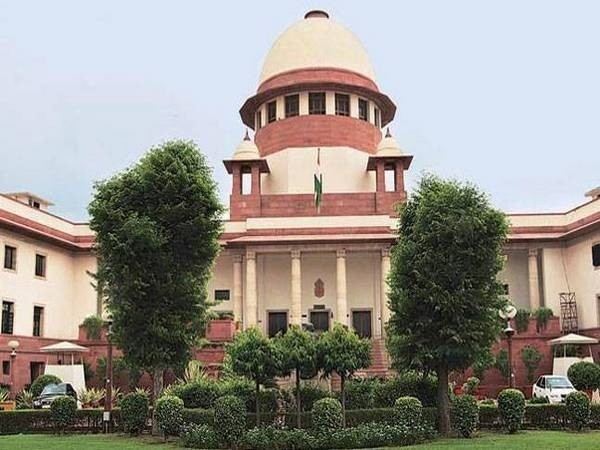New Delhi – After three days of intense hearings, the Supreme Court of India on Thursday reserved its interim order on multiple petitions challenging the constitutional validity of the Waqf (Amendment) Act, 2025. A bench comprising Chief Justice BR Gavai and Justice A G Masih heard arguments seeking a stay on the law’s implementation.
Solicitor General Tushar Mehta, representing the Union government, defended the controversial Section 3E of the Act, which prohibits the creation of waqf properties in Scheduled Areas. He argued that the clause was designed to protect the rights of Scheduled Tribes, asserting that once a land is declared waqf, its status becomes legally irreversible, posing risks to tribal interests. Citing the Joint Parliamentary Committee (JPC) report, he said that although some tribals may follow Islam, they preserve distinct cultural identities.
Justice Masih questioned this argument, stating, “Islam is Islam. Religion is the same.”
Another key point of contention was the bar on non-Muslims creating waqf. Mehta stated that this was the legal position before the 2013 amendment and clarified that non-Muslims may contribute to waqf or create religious trusts, but not establish waqfs directly. He also defended the clause mandating that a person must have practiced Islam for at least five years to create a waqf, saying it aligns with the Muslim Personal Law and prevents misuse.
He dismissed claims that the amendments were unconstitutional, stating they do not warrant a stay.
Senior advocates Rakesh Dwivedi (Rajasthan), Ranjit Kumar (Haryana), and Maninder Singh (Odisha) backed the amendments. Dwivedi critiqued the concept of waqf-by-user, calling it legally weak and based on a solitary Privy Council ruling. Kumar, representing a tribal body, raised alarm over large land tracts like a 500-acre mining zone in Rajasthan being claimed as waqf.
Opposing these interpretations, Senior Advocate Kapil Sibal criticised Section 3C, which empowers the government to delay waqf recognition pending inquiry. He asserted that this provision effectively blocks waqf status until officials verify no encroachment on public land. “Neither the Solicitor General nor government affidavits can override the law’s text,” Sibal said.
He also blamed state governments for failing to conduct waqf surveys, resulting in unregistered waqfs, and argued that the Muslim community should not suffer for these administrative lapses.
Senior Advocate Rajeev Dhavan refuted the claim that waqf is not an essential Islamic practice, stressing that charity is a fundamental part of Islam. Dr Abhishek Manu Singhvi criticised the five-year faith practice clause as discriminatory, saying it imposes a burden of proof not found in laws governing other religions.
Senior Advocate Huzefa Ahmadi argued that Section 3E discriminates against Muslims from Scheduled Tribes by restricting their right to establish waqfs. Advocate AM Dhar underscored the theological basis of waqf, quoting verses from the Qur’an to affirm its religious significance.
The court is expected to deliver its interim decision soon.




